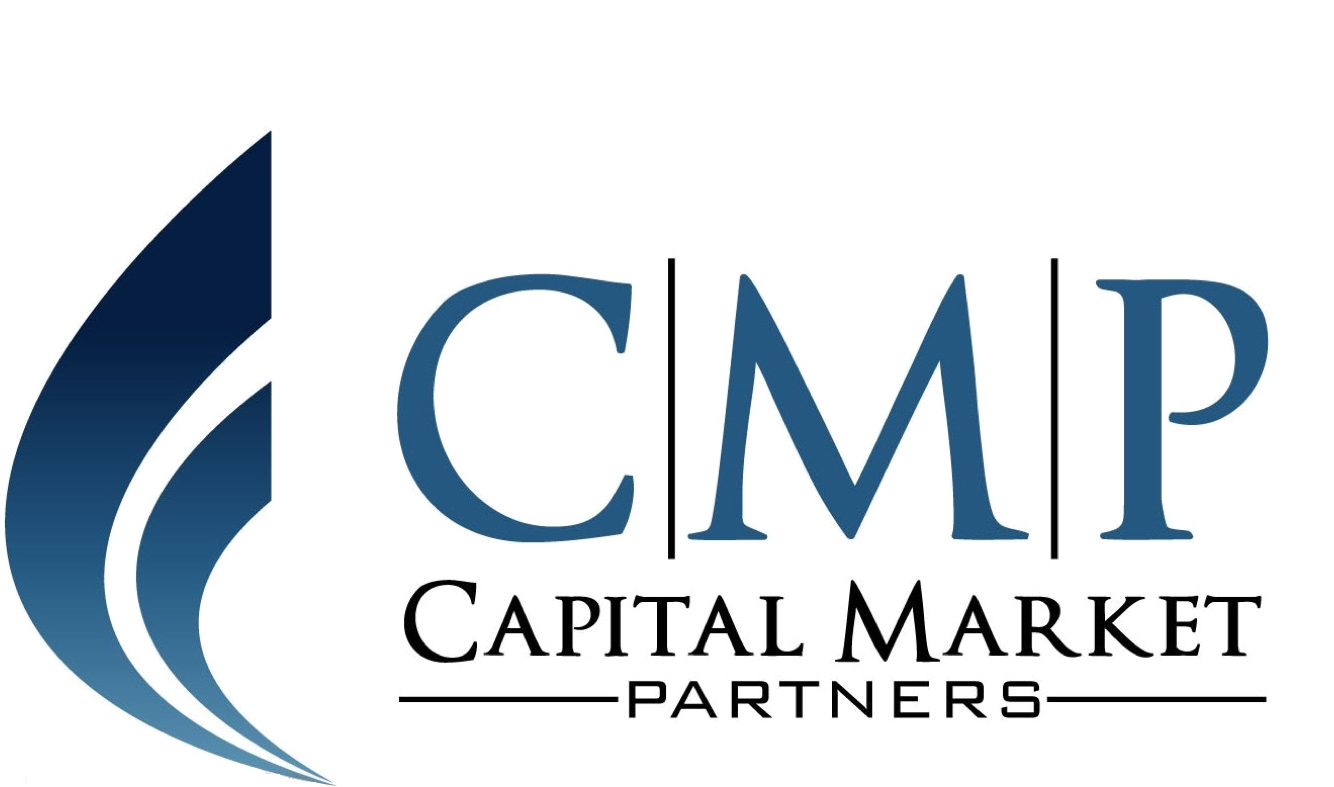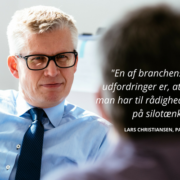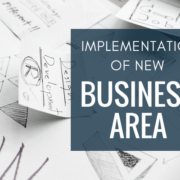Four Lessons Learned on the MiFID II Ban on Inducements
The partial ban on inducements (formidlingsprovision) related to marketing of investment funds is probably the most controversial part of the MiFID II directive. If we take a look back on the implementation of the legislation. What effect has it had so far and what has changed? This post goes through four lessons that we have learned.










